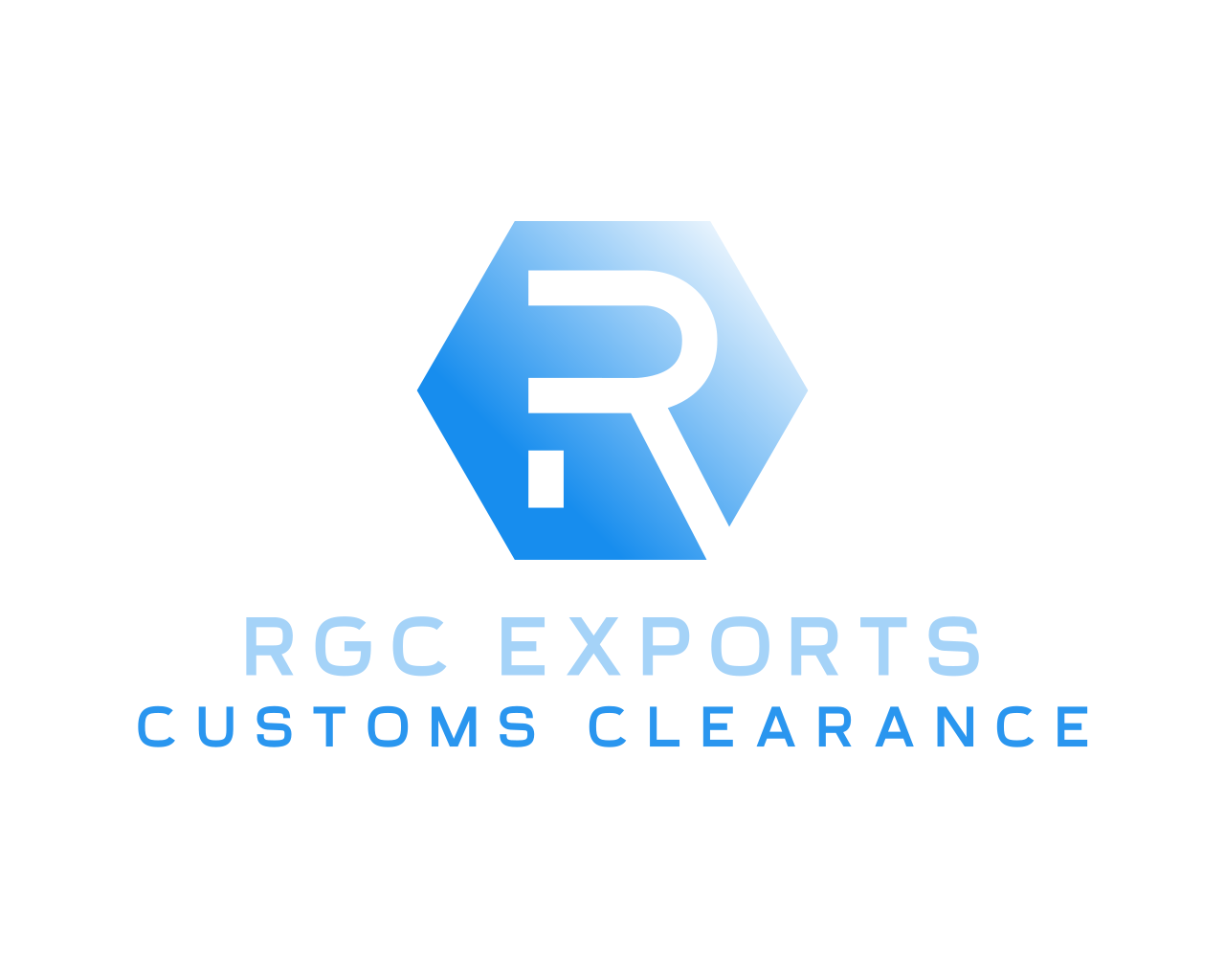The UK customs clearance process involves several steps to ensure goods entering or leaving the UK comply with trade regulations and taxes. Import declarations must be made, documents submitted, and any applicable duties and taxes calculated and paid. For exporters, a similar process applies, requiring declarations and compliance with export regulations. The process can be expedited by using simplified declarations or engaging a customs agent.
Here’s a more detailed breakdown of the UK customs clearance process:
1. Determine if a Declaration is Required:
- Check if you need to make an import or export declaration.
- This depends on the type of goods, their value, and other factors.
2. Prepare Documentation:
- Import:Commercial invoice, packing list, bill of lading or airway bill, Certificate of Origin, import license (if required), insurance certificate, and the customs declaration form.
- Export:Commercial invoice, packing list, bill of lading or airway bill, Certificate of Origin (if required), export license (if required), insurance certificate, and the customs declaration form.
3. Prepare Your Business:
- EORI Number: You need a GB EORI number to trade with England, Wales, or Scotland.
- Registration: You need to be registered on the correct systems and have compatible software to make declarations.
4. Make the Declaration:
- Digital Declaration: A digital customs declaration is now mandatory for imports.
- Customs Agent: You can hire a customs agent to handle the process for you.
5. Duty and VAT Calculation and Payment:
- Duty Rates: Find the correct duty percentage rate for your goods on gov.uk.
- Valuation: Determine the value of the goods, including freight, insurance, and other costs.
- Payment: Calculate and pay any applicable duties and VAT.
6. Customs Check and Release:
- Document Review: Customs authorities will review the documentation.
- Inspection: They may also inspect your goods to ensure compliance.
- Release: Once all checks are complete, your goods will be released.
7. Keeping Records:
- Record Keeping: It’s crucial to keep accurate records of all your transactions, as HMRC may request them for inspection.
- Retention Period: Generally, you need to keep records for six years.
Additional Tips:
- Certificate of Origin:A Certificate of Origin provides evidence of the goods’ origin, which can be necessary for preferential treatment or duty reductions.
- Import Licences:Some goods require import licences, such as firearms, pharmaceuticals, and certain chemicals.
- Simplified Declarations:If you frequently import goods, you may be able to use simplified declarations for faster clearance.
